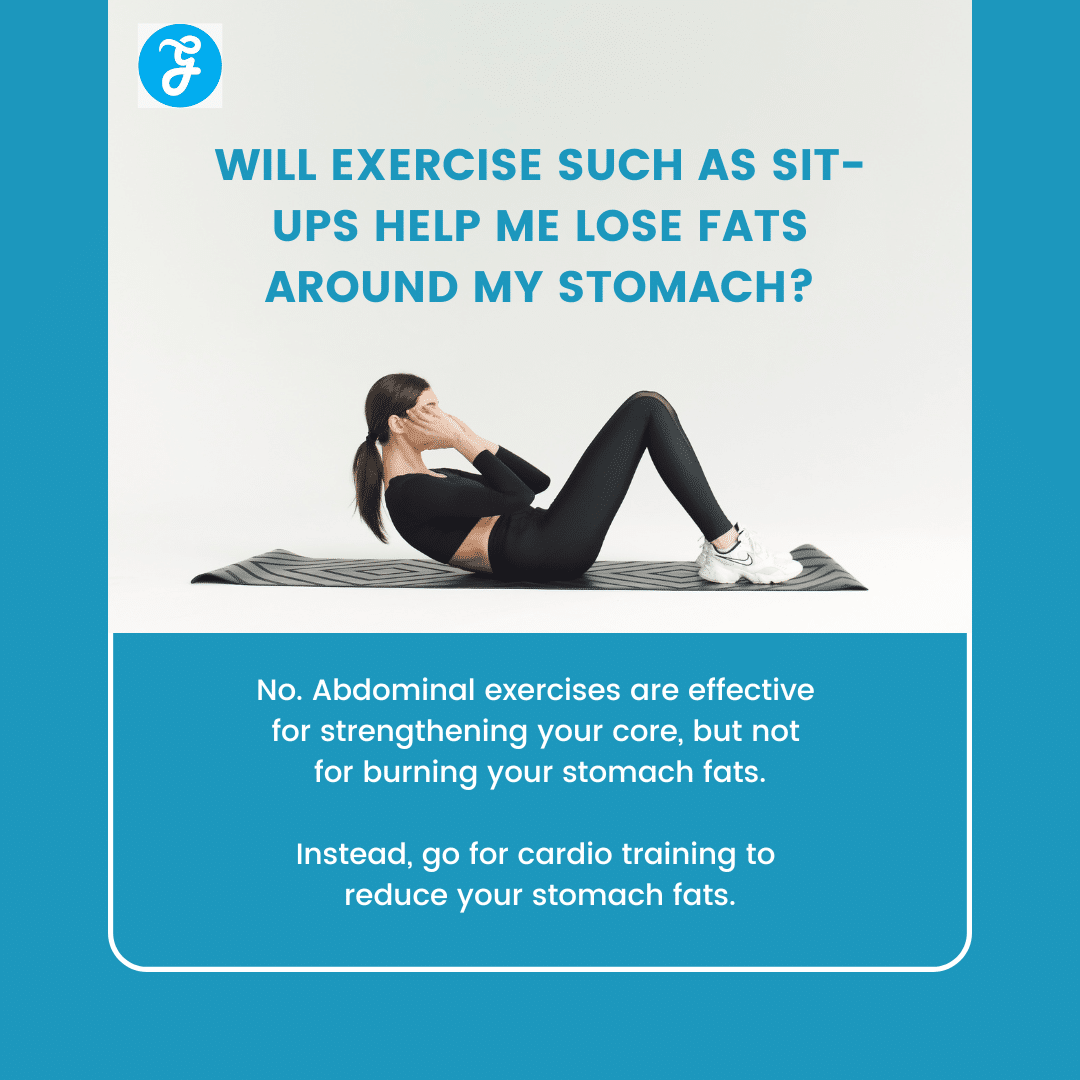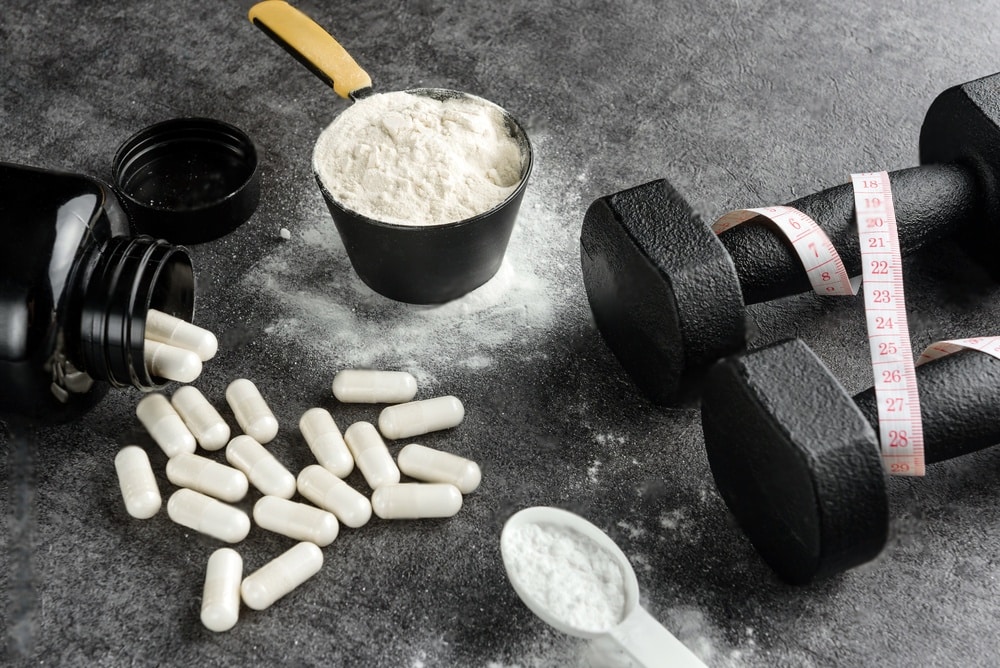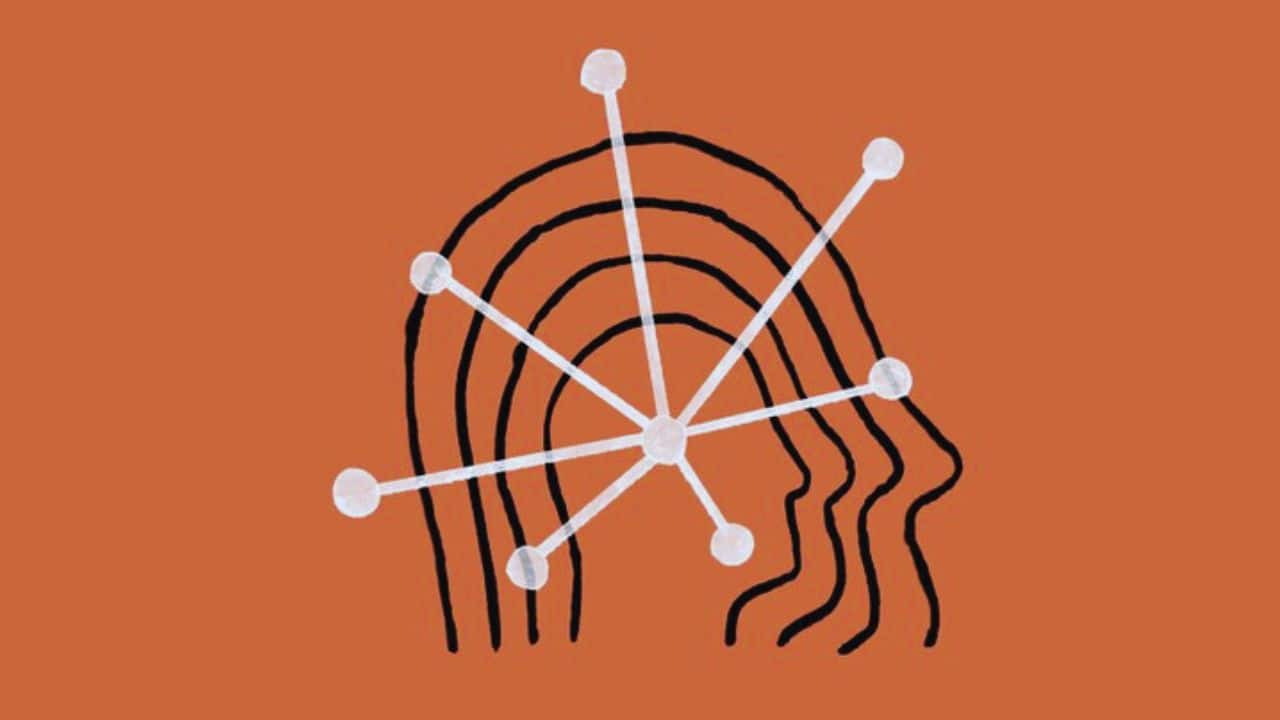Listen to the Podcast:
Are you longing for an effective way to enhance your athletic performance? If so, you may have come across creatine as a popular supplement option. But here’s the burning question on many minds: Does creatine make you fat?
Today, we’ll delve into the truth behind the claims, uncovering whether creatine is a friend or foe on the quest for a fit and toned body. So, fasten your seatbelt and get ready to discover the real scoop on the relationship between creatine and weight gain.
What is Creatine
Creatine is a naturally occurring compound found in the human body. It is formed from three amino acids: L-arginine, glycine, and L-methionine. Creatine plays a crucial role in providing energy for muscle contraction and other high-energy demanding activities.
The majority of creatine, about 95 percent, is stored in skeletal muscle, while the remaining 5 percent is found in the brain. It is converted and utilized by the liver, kidneys, and pancreas at a rate of approximately 1.5 to 2 percent per day.
Creatine is transported through the bloodstream and used by tissues and organs that require significant energy, such as skeletal muscles and the brain. It helps regenerate adenosine triphosphate (ATP), which is the primary energy source for cellular processes.
In the supplement industry, various forms of creatine, such as creatine monohydrate and creatine nitrate, are used to enhance athletic performance and support muscle growth. However, it’s important to note that no creatine supplement has been officially approved by the U.S. Food and Drug Administration (FDA).
While creatine supplementation is popular, it’s crucial to use caution and follow recommended dosages. Unrestricted use of supplements can pose potential risks, and it is advisable to consult with healthcare professionals before starting any supplementation regimen.
Related Read: Creatine Before Bed
Does Creatine Lead to Weight Gain?
One concern that often arises among individuals considering creatine supplementation is whether it will result in noticeable weight gain. To address this question, let’s delve into the subject and explore the reasons behind any potential weight changes associated with creatine usage.
The magnitude of Weight Gain with Creatine
The simple answer is yes; supplementing with creatine can cause a modest increase in body weight for most people (1). However, it’s important to note that the amount of weight gained is relatively small, and the factors contributing to this may vary.
Quantifying the Weight Increase
Depending on an individual’s body weight, the weight gained typically falls within the range of 2 to 4.5 pounds (2). Most of this weight gain tends to occur during the initial week of supplementation, commonly called the loading phase. During this phase, individuals often consume a higher dosage of creatine to expedite the onset of its effects, mainly enhancing power and stamina during workouts.
Water Weight and Creatine
A significant portion of the weight gain attributed to creatine supplementation is due to increased stored water weight. This occurs because creatine is osmotically active, which isn’t easily absorbed into the body. However, it is worth noting that the available research on this matter is not entirely conclusive. While there is a belief that creatine may cause slight retention of water, the exact mechanism and extent of this effect remain uncertain.
It’s essential to remember that the weight gained from creatine supplementation primarily stems from water retention rather than increased body fat. Additionally, individual responses to creatine may vary, and not everyone may experience the same degree of weight gain.
Does Creatine Make You Fat?
Not. Numerous studies, from one-week trials to two-year investigations, have consistently demonstrated that creatine does not increase fat mass. The opposite is often observed. Creatine supplementation is more likely to lead to a reduction in overall body fat.
Individuals primarily choose to supplement with creatine due to its performance-enhancing effects during workouts. Notably, a comprehensive meta-analysis focusing on creatine supplementation among adults aged 50 and above found no statistically significant difference in fat mass between those using creatine and those taking a placebo. Interestingly, the adults who were supplemented with creatine experienced a modest average decrease of slightly over one pound in fat mass.
What to Do If You Experience Weight Gain from Creatine Use
If you find yourself concerned about weight gain after taking creatine, there are a few strategies you can employ to manage this effect.
Reduce Sodium Intake
Higher sodium consumption can contribute to water retention, potentially amplifying the water weight gained from creatine. To mitigate this, monitor your daily sodium intake and aim to reduce it. One effective way to achieve this is by minimizing the consumption of highly processed foods, which tend to be high in sodium.
Moderate Carbohydrate Intake
Like sodium, an increased intake of carbohydrates can lead to greater water retention in the body. While carbohydrates are necessary for providing energy, monitoring and controlling your carbohydrate intake can be beneficial. Strike a balance that meets your energy needs without excessive consumption.
Maintain Perspective
Unless you’re participating in weight-classed sports or preparing for a bodybuilding competition, a few extra pounds distributed throughout your body due to water retention is unlikely to be visually noticeable. Remember that this weight gain is primarily water, not fat mass. Keeping a calm mindset and recognizing that it’s a temporary effect can help alleviate concerns.
Benefits of Taking Creatine
Taking creatine as a dietary supplement offers several potential benefits for individuals engaged in physical activity or exercise. Here are the pros of taking creatine:
Improved Exercise Performance
Creatine supplementation has been shown to enhance exercise performance, particularly during high-intensity, short-duration activities. It helps increase the availability of ATP (adenosine triphosphate), the primary energy source for muscle contractions, improving strength, power, and performance. This can be especially beneficial for athletes involved in activities such as weightlifting, sprinting, and jumping.
Enhanced Recovery
Creatine has been found to aid in post-exercise recovery. It can help speed up the replenishment of ATP stores and promote phosphocreatine’s resynthesis, an energy source for quick bursts of intense activity. By facilitating faster recovery between bouts of exercise, creatine allows individuals to train at higher intensities and frequencies, ultimately leading to better overall performance.
Increased Muscle Mass
Creatine supplementation has consistently been shown to promote gains in lean muscle mass. It enhances muscle protein synthesis, the process by which the body builds new muscle proteins. This leads to an increase in muscle size and strength over time. Consequently, creatine is popular among athletes and bodybuilders, aim to improve their physique and maximize muscle growth.
Injury Prevention and Reduced Severity
Creatine may help prevent muscle injuries or minimize their severity. Improving strength and enhancing muscle performance can potentially reduce the risk of muscle strains, tears, and other injuries. Additionally, creatine has been suggested to have protective effects on muscles by reducing oxidative stress and inflammation, which can contribute to injury prevention.
Increased Tolerance to Intense Activity
Creatine supplementation has been shown to improve an individual’s tolerance to intense exercise or high-intensity training. It helps delay fatigue and muscle exhaustion by providing the muscles with a readily available energy source. This increased tolerance can allow athletes to sustain higher workloads, train for longer durations, and push through challenging workouts, leading to greater fitness gains.
Reduced Dehydration and Cramping
Creatine supplementation may positively impact fluid balance and help reduce the risk of dehydration and muscle cramping. It can promote cellular hydration by increasing the water content within muscle cells. This effect may be particularly beneficial for athletes participating in endurance sports or exercising in hot and humid environments where fluid balance is crucial for optimal performance and health.
A Complete Guide on Taking Creatine?
Here are the details on how to take creatine, broken down into paragraphs:
Creatine Loading
The most common method is to start with a loading phase, which aims to saturate the muscles’ creatine stores fully. During this phase, you take a higher dose of creatine for a specific duration. Typically, the loading phase lasts for 5-7 days. The recommended dosage is around 20-25 grams of creatine monohydrate per day, divided into 4-5 equal doses. This loading phase helps to increase intramuscular creatine concentrations rapidly.
Maintenance Phase
After completing the loading phase, you transition to the maintenance phase. In this phase, you take a lower daily dose of creatine to maintain the optimal creatine levels in your muscles. The recommended dosage for the maintenance phase is around 3-5 grams of creatine per day. It’s important to continue taking the maintenance dose consistently for best results.
Benefits of Creatine Loading
The loading protocol is effective in rapidly increasing creatine levels in the muscles. Research indicates that this method can lead to significant strength and size gains. Athletes who follow the loading protocol properly can then maintain their creatine stores with a lower daily maintenance dose.
Possible Side Effects of Creatine Loading
Although the loading protocol can be effective, some individuals may experience gastrointestinal discomfort or bloating when taking larger daily doses of creatine. These side effects are temporary and may vary from person to person. You might consider an alternative approach if you’ve had previous negative experiences with creatine loading.
Low-Dose Daily Supplementation
An alternate method is to skip the loading phase and opt for a low-dose daily supplementation approach. With this method, you take a consistent daily dose of 3-5 grams of creatine without the initial loading phase. Over time, this approach can also increase your muscle’s creatine levels to the same point as the loading protocol.
Simplicity and Effectiveness of Low-Dose Daily Supplementation
Taking a daily low dose of 3-5 grams of creatine is a simple and effective supplement. This approach has been shown to produce similar strength and size gains as the loading protocol. Consistency is key, as taking creatine regularly over a more extended period will gradually increase your muscle’s creatine stores.
Timing of Creatine Intake
There is no definitive consensus on the best time to take creatine. Some experts suggest taking it before and after a workout for maximum benefits, while others believe it is equally effective at any time during the day. Once you have maintained full reserves of creatine in your muscles through consistent supplementation, the timing becomes less critical.
How to Take Creatine?
Creatine monohydrate is tasteless, odorless, and easily dissolves in any fluid. Mix a scoop (usually 5 grams) of creatine with water, protein powder, amino acids, or any other beverage you prefer. Stir or shake the mixture until the creatine is fully dissolved, and then consume it. Taking creatine with carbs or protein may enhance its uptake, but it can still be effective when taken alone. Taking creatine with carbohydrates is recommended if you choose to do a brief loading protocol of 2-3 days.
You May Find Interest: Can You Mix Creatine with Protein Powder
Side Effects of Creatine
Here are the key points regarding the additional side effects of creatine supplementation:
- Limited Side Effects: The known side effects of creatine supplementation are very few and uncommon for both men and women, regardless of age.
- Recommended Dosage: To minimize any potential risks, it is important to follow the recommended dosage of creatine, typically ranging from 5g to 10g per day.
- Muscle Cramping and Dehydration: Some observational studies have suggested a possible association between creatine use and mild muscle cramping or dehydration. However, these findings have not been consistently supported by well-controlled clinical trials.
- Need for Further Research: The existing evidence regarding muscle cramping and dehydration as side effects of creatine supplementation is limited and inconclusive. More research is needed to establish a clear understanding of any potential risks.
- Consider Scientific Evidence: When evaluating the possible side effects of creatine, it is essential to rely on well-designed clinical trials and scientific literature rather than anecdotal or uncontrolled observations.
Read More: Creatine vs Pre Workout: Unveiling the Powerhouses
Frequently Asked Questions (FAQs)
Now we’ll address some questions: does creatine make you fat?
Can creatine cause belly fat?
There may be a concern regarding the possibility of gaining non-muscle weight, specifically in the form of fat. However, it is important to understand that despite a noticeable and quick weight gain when using creatine, it does not contribute to fat accumulation. In order to gain fat, it is necessary to consume more calories than what is expended by the body.
Is it harder to lose weight on creatine?
The consumption of creatine does not lead to weight gain or weight loss. If your goal is to reduce body fat, taking creatine monohydrate will not impact your weight loss efforts. It is always advisable to consult a healthcare professional before starting any diet or exercise program and before incorporating any supplements into your routine.
Is creatine good for beginners?
Both beginners who are just starting their fitness journey and individuals who are returning to exercise after an inactivity can safely incorporate creatine into their routine. Creatine has been extensively studied and has a proven track record of long-term safety for regular use.
Should I stop creatine when cutting?
Creatine supplementation is not only safe but also highly effective and well-tolerated. It offers benefits such as enhanced energy production, improved cellular hydration, and increased lean muscle mass. There is no requirement to cycle off or discontinue creatine supplementation while engaging in a cutting phase.
Bottomline
That’s all about – does creatine make you fat?
It’s important to note that the weight gained from creatine supplementation is primarily water weight and not indicative of actual fat gain. By implementing these strategies, you can manage the potential impact on weight and maintain a balanced perspective.
Disclaimer: This content is for informational purposes only and does not replace professional medical advice, diagnosis, or treatment. This information is not comprehensive and should not be used to make health or well-being decisions. Consult a qualified healthcare professional with questions about a medical condition, treatment options, or health regimen. This website or the content should never replace professional medical advice.













































